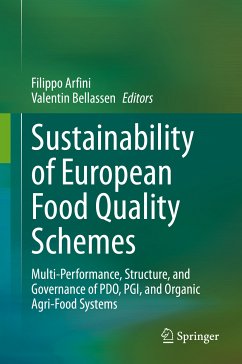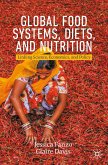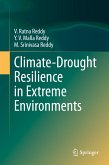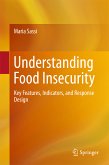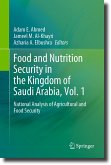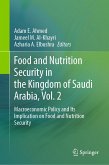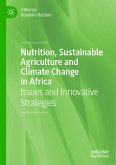This edited volume evaluates recent EU quality policy, focusing on the structure, governance, technical specifications and performances - economic, environmental and social - of Food Quality Schemes (FQS) in the European Union and South East Asia. Initiatives such as EU Regulation No. 1151/2012 are relatively novel policies that seek to improve and promote the operation of schemes to protect geographical indications (GIs) for agri-food products. The intended benefits of protecting GIs include generating a fair return for farmers and producers for the qualities of particular goods, and enabling consumers to make better-informed purchasing choices through effective labeling. In addition, policy makers are now considering FQS as a means of not only guaranteeing quality in food production, but also sustainability.
Despite these potential benefits, the economic performance of the FQS (e.g. PDO, PGI, organic) and individual GIs has been variable. While some GIs support significant value-added production, with substantial benefits to producers, consumers and wider economies, many others have failed to become economically sustainable. In addition, the environmental and social performance of FQS remains largely unexamined, with the exception of the environmental performance of organic products which has been assessed in several instances through life cycle assessments.
Dieser Download kann aus rechtlichen Gründen nur mit Rechnungsadresse in A, B, BG, CY, CZ, D, DK, EW, E, FIN, F, GR, HR, H, IRL, I, LT, L, LR, M, NL, PL, P, R, S, SLO, SK ausgeliefert werden.

